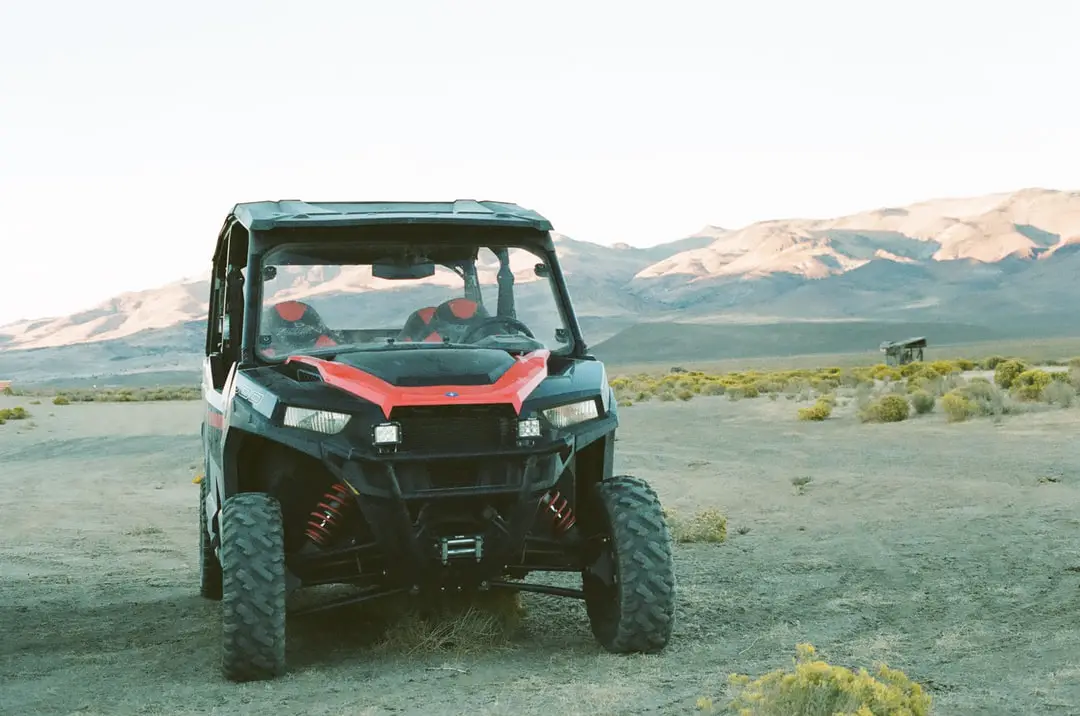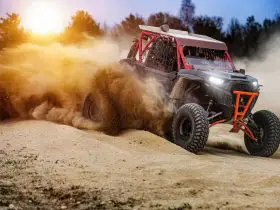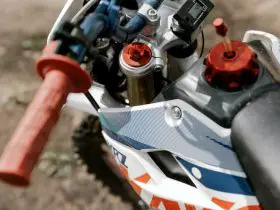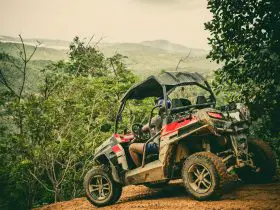Do you want to drive a UTV on the road? Or are you considering making your UTV an everyday ride? If so, then you need to know the legal requirements to get yourself off the trails and onto the asphalt.
Depending upon where you are, the legal requirements can vary hugely. Below, we go through the main items you will need for a road legal UTV.
Table of Contents
Investing in a Road Legal UTV
The first consideration you need to take into account is if the investment to make your UTV road legal is worth it. The accessories required will soon mount up, depending upon requirements in your area. It only makes real sense if you do not have a way to transport your UTV and want to use it in a wide range of places, or make your way trails that are only accessible via the road.
Check Your State Requirements
The laws regarding UTV use on roads can be overwhelmingly complex, or on the opposite end of the scale, extremely vague. Some states will have quite strict laws, while others may not have any and it may be down to the city or county to decide. You may find UTVs allowed in some places, totally banned on roads in others, or requiring modification in certain places.
At the very least, you will require safety belts on any UTV that is driving on the road. Many people believe they can be classed as ATVs and thus used like motorcycles, but this is never the case.
Legal Items You Will Need
Whichever state you are in, there are a number of items that cover you legally that you will require. The first will be a license plate and holder. This is to ensure that should anything occur, your vehicle can correctly be identified on the national database.
Many states request that this is attached to the side of the vehicle. The logic for this is that UTVs can easily get covered in mud and dirt, obscuring license plates at the front. Many UTVs have pre-welded tabs for these under the rollbars.
You will also need insurance, as you are driving on the road and could come into conflict or cause accidents with other drivers. Many existing auto insurance policies will let you have a UTV as an addition, at a small extra charge. Specialty policies are available if you do not have auto insurance.
Finally, you need to be registered. All the checks will be done to ensure your vehicle is roadworthy and you will be able to drive on the open highway.
An inspection will take place to assess how roadworthy your vehicle is. This, once again, depends on the state. It could involve a check by an approved dealership or a state official, or you may just need documentary proof that you have made the necessary modifications.
Never forget that you will also need a driver’s license. Many BLM motorways and Forest Service roads also require one, so keep yourself in check.
Items to Make You Noticed
Going on the road means you need to increase your visibility, so you can be noticed by other drivers. The first item you will need is a set of headlights. Although many UTVs will already have these installed, you should check your local legislation to see if you need to upgrade them and if they are powerful enough.
After this, you need lights for signaling. This will include tail lights and brake lights, and once again, most UTVS will already have these included. You may also wish to add rear reflectors depending on the laws of your state.
Turn signals are one form of light that will most likely not be included on your UTV when purchased. They are easy to install and a number of kits are available for all budgets. They are essential, as they will let other drivers know which way you need to turn.
Next, you need to let others know where you are, and very often this requires noise. Adding a horn lets you do this, and is essential when driving a smaller vehicle such as a UTV in busy traffic. You may find that horns come with any turn signal kits you buy, so check for an all-in-one solution when you make a purchase.
Increasing Your Own Visibility
The first item that will help with your own visibility is a windshield. This is not a requirement under all legislation, provided you wear goggles or have adequate eye protection. However, if you have ever been hit by dirt, debris, or bugs in the face when driving, you will understand how important they are.
The added benefit of a windscreen is that they are extremely useful when you hit the trails as well. They can stop mud and water from covering you and your passengers.
A mirror kit will also let you see in an increased area when on the road. Side mirrors and a rearview mirror will be required so that you can check anything behind you and in your blind spot. They are very easy to install, and even remove if you prefer to take them off when you hit the trails.
Other Legalities
A speedometer will also be a necessity. It will let you know how fast you are going so you can adhere to road limitations. They can be a little harder to install, so you may need a professional for help.
Ask a Professional
Of course, all of this can be done with the help of a professional. Ask local dealers and organizations what you need to make a road legal UTV, and then hit the road before your reach the trails.
If you need more help and advice, UTV Ride should be your first stop. We have assistance on everything UTV. Also check out our guide on how to install turn lights on your UTV, and take the first step to become road legal!










